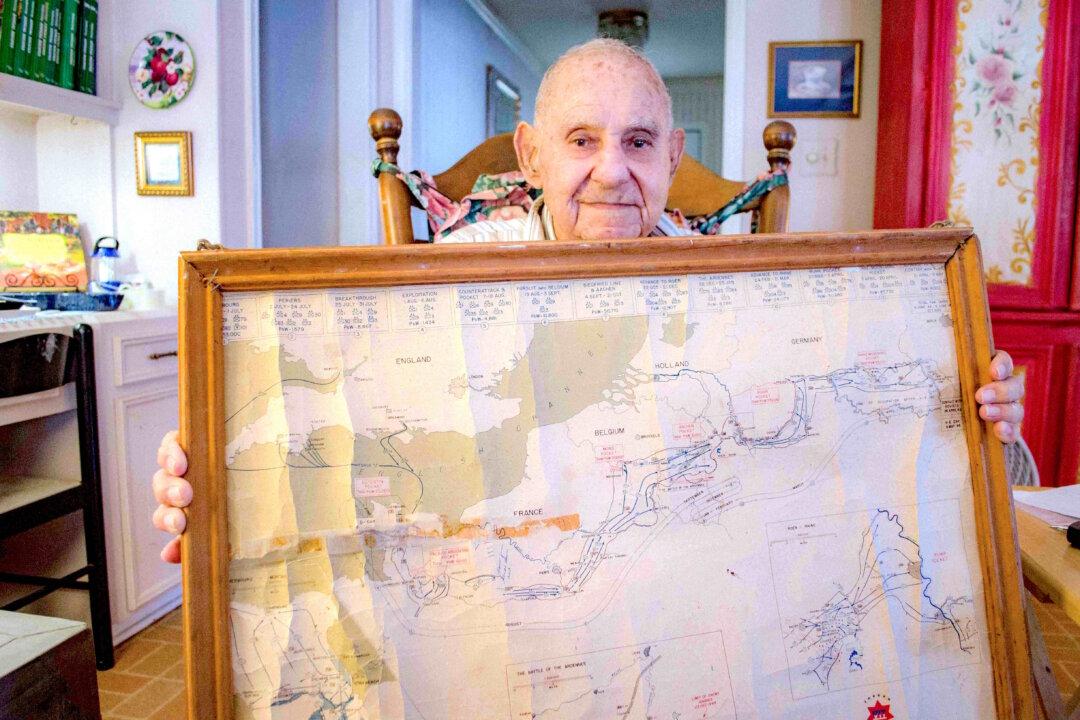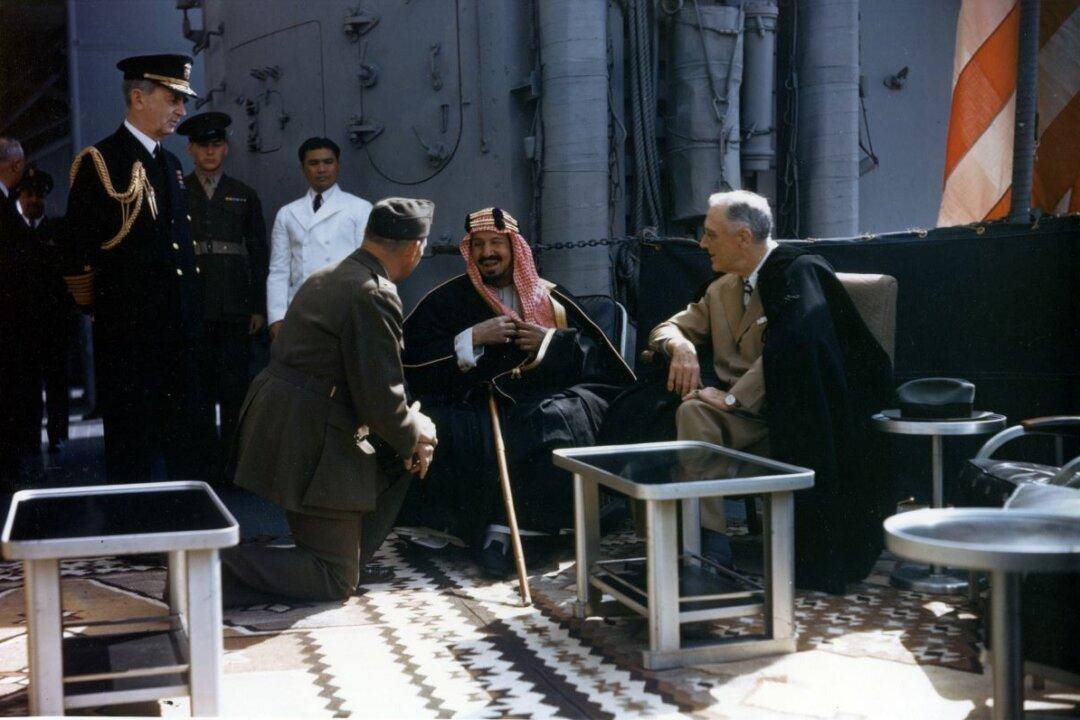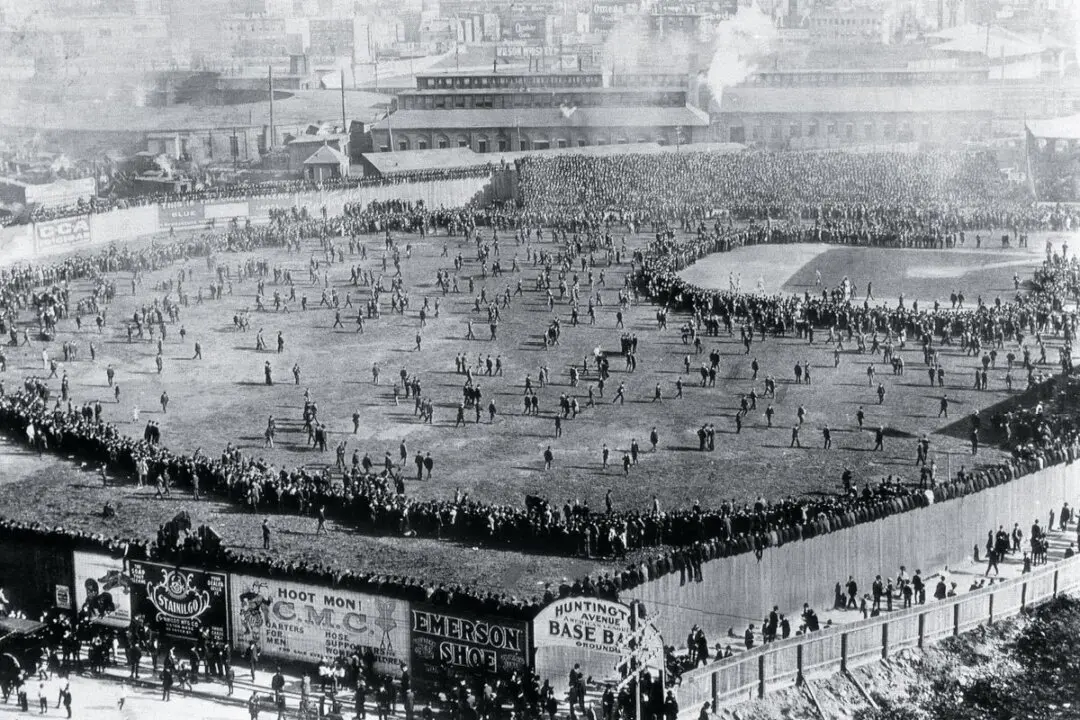Late last year, I was invited by a friend to come along for an official county visit to honor a 100-year-old veteran of World War II. His name was George Kaleel. The county commissioner had decided to surprise him with a certificate of appreciation for his service and to commemorate the fact that he had reached the century mark.
I drove up to a quaint home located at the end of a long street. His daughter and granddaughter greeted us and introduced us to a man who couldn’t have been more than 5-foot 6-inches. He appeared most definitely shorter with the hunch of age. His mind, however, was still crisp and his personality full of life.






